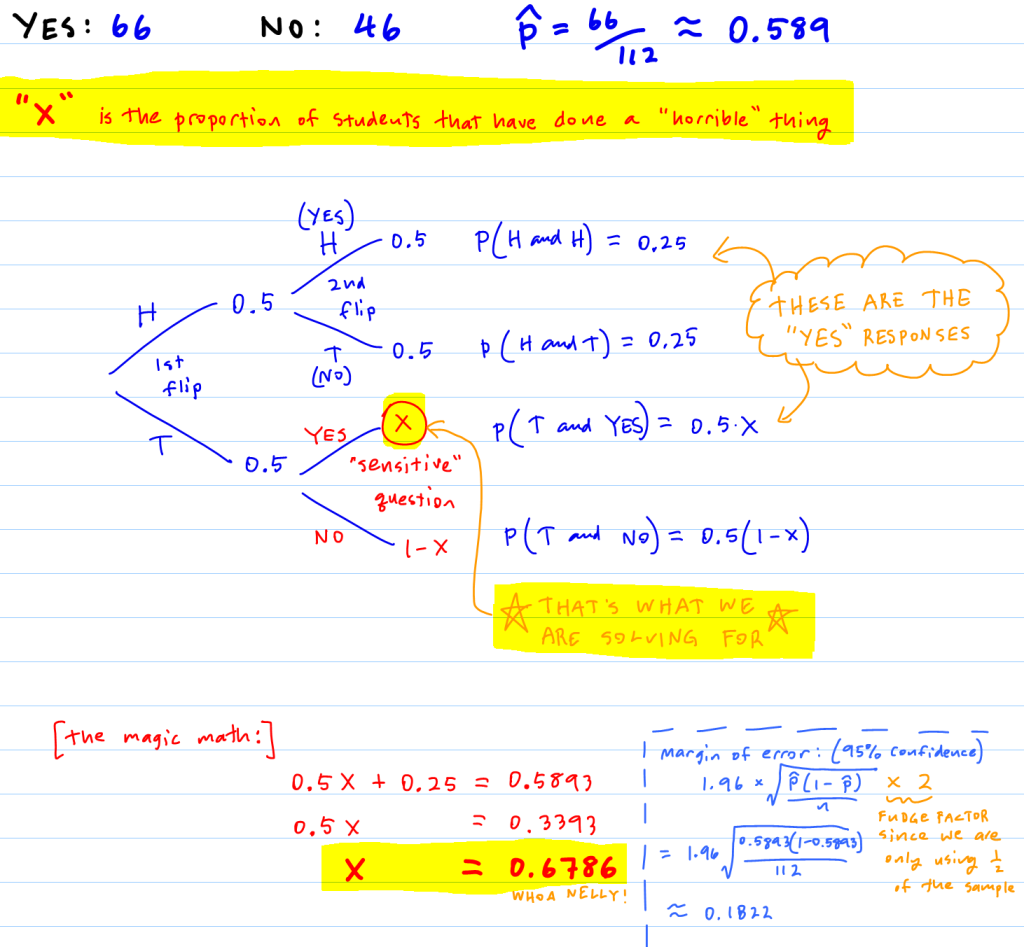Imagine that your team has a big game coming up this weekend.
Imagine one of your key players comes to you in the days leading up to the big game and asks for help because they’re having trouble learning some of the plays / routes / schemes / etc.
Would you help the kid out? Of course.
Imagine that kid does NOT learn his/her stuff by game time, and runs all of the wrong routes, blows defensive coverages, etc. Imagine you lose the game because of that.
The game is lost. Game over.
Now if that kid comes to you afterwards and admits that they blew it, and asks to review the game footage to help learn what they did wrong so that they can earnestly learn from their mistakes, would you be willing to do that?
Probably. Yeah, it’s too late for this past game, but this sort of thing might actually benefit your team for future performances.
Now imagine that this kid does none of that. This kid did nothing to put in any meaningful effort before the game, did nothing to show that they were interested in learning things properly when they had the chance – none of that.
Instead, imagine that this kid comes to you after the game has been lost, and asks if you can go back in time and change the score of the game to make it LOOK like you actually won the game. (You read that right. But read it again anyway.)
That’s the kind of stuff that teachers deal with at the end of every grading period.
Asking us to change the numbers after it’s too late.
The final day(s) of the 5th six weeks might be the absolute most frustrating day(s) to be a teacher.
A video shared with me by a colleague, to give context to those of you that don’t toil in the educational sector:
Here’s a true story:
A number of years ago, a student once came to me at the end of a six weeks with a 79 average, and said he needed to get his grade up to an 80 to avoid having his parents take his car away. Being naïve as I was, I helped the kid eke out an extra half point to help him keep his car.
The very next week? The kid started doing JACK in my class. Stopped doing homework. Stopped studying. Started acting like a total brat. Until the end of the next six weeks when he came up with another song (which by then I was having none of). Sadly, it made me regret helping the kid out in the first place.
So now whenever a student tells me that they need a point or two to keep their allowance / car / phone / pet / life / whatever, it’s an easy call:
No. Sorry. You get the grade that you earned. If I give YOU a half-a-point, then I have to give EVERYONE a half-point.
The most ridiculous thing ever said to me by a student?
(another true story)
Back in season 2, end of the first six-weeks, one of my Pre-AP Algebra II students had an 81 average.
The kid came to me after school to ask for an “A”.
I didn’t really know what to say… so I told him/her,
You’re making a “B”. That’s a good grade.
This kid looks at me with a straight face, and proceeds to crow:
Mister Youn, I can’t make a “B”. My parents are INDIAN. You have NO IDEA what it’s like to have INDIAN PARENTS.

Sigh.





